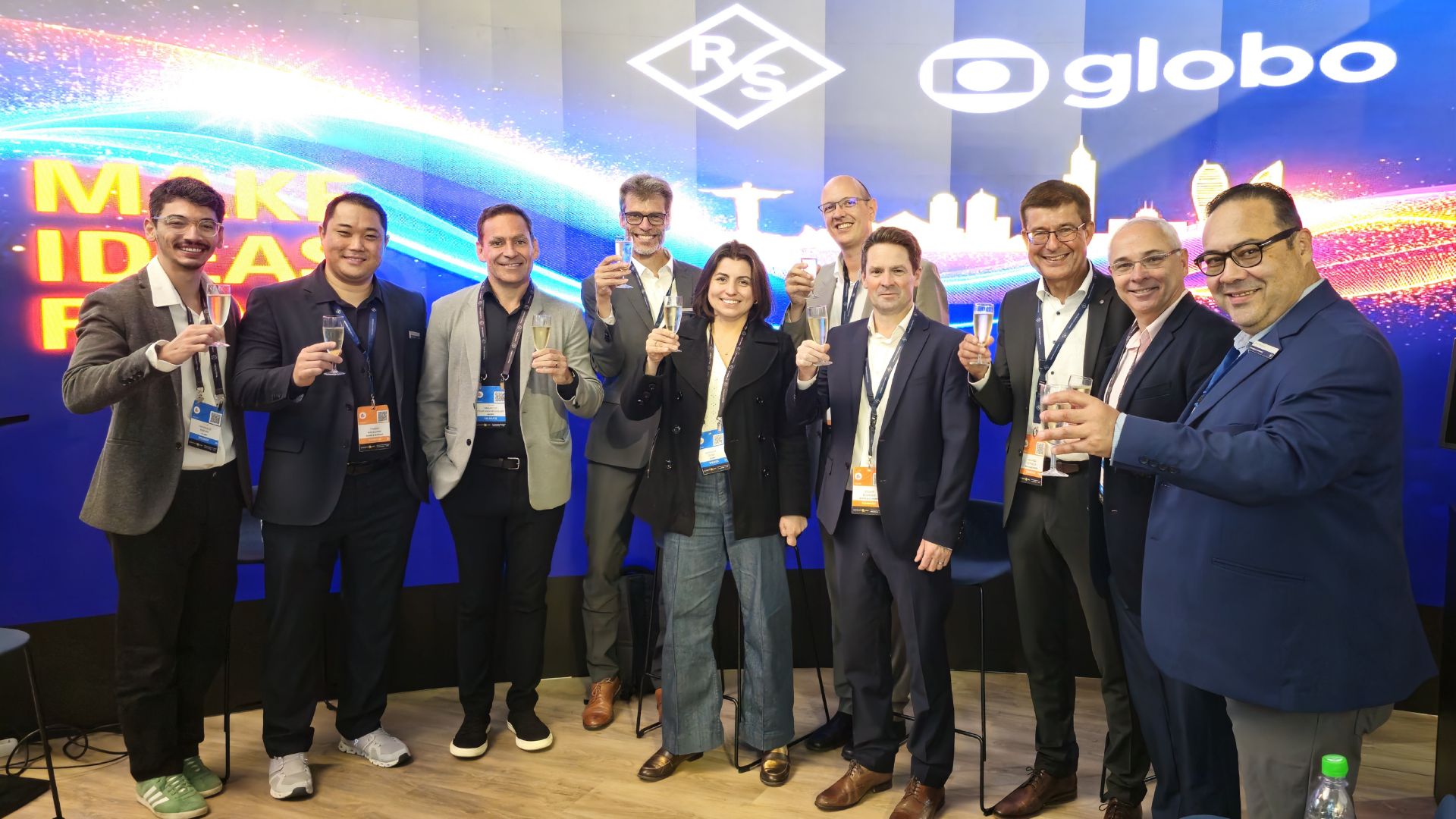Broadcast technology could pull Europe out of slump
The professional video industry's #1 source for news, trends and product and tech information. Sign up below.
You are now subscribed
Your newsletter sign-up was successful
Europe is pinning its hopes on its high technology sector to pull out of recession, with TV and broadcasting companies among the strongest performers, compensating for weakness in traditional manufacturing sectors.
European start-ups are now delivering more bang per buck than their Silicon Valley counterparts, producing 2.5x greater return on investment, according to Magister Advisors, which provides advice on technology company market flotations. According to the firm, venture capital backed firms in Europe raised $15 billion in flotations for the financial year 2009-10, the latest for which data is available, compared with $30 billion in the US. But the U.S. return was on an initial investment of $25 billion, while the European results were delivered from just $6 billion up front.
Magister Advisors suggested that this European success would be reflected in the continent’s first $1 billion valuation for a next-generation technology start up during 2013. The definition of next generation is a bit vague, seeming to mean any company that was founded around or after 2000 and specializes in a field regarded as contemporary, such as the Internet or biotechnology. But, it serves as a yardstick for the current high technology start-up sector, and Magister singles out several TV-related companies as leading candidates to be first to reach the $1 billion valuation.
Among these is London-based Shazam, which began in rather lowkey fashion in 1999 as a mobile phone identification service, using the device’s microphone to gather a brief sample of music being played to elicit information such as the artist, song title and album.
This became more successful after smartphones arrived, culminating in raising $32 million funding in September 2012, but it is the potential for TV advertising on second screens by exploiting the same audio recognition technology that has led Magister Advisors to predict much greater things to come. Shazam is now focusing most on TV, and has just published results of a study conducted by business strategy consultancy Frank N. Magid Associates to measure the efficacy of Shazam-enabled TV advertising.
It found that people who used Shazam to tag an ad were three times more likely to interact with the brand through follow-up actions such as purchase or booking a vehicle test drive after seeing the commercial than those who did not use Shazam. It also found Shazam users were more than twice as likely to talk about the brand or the ad, and that 55 percent of people who tagged the ad did so at least partly because they wanted to go back later and obtain more information about the brand or product, in addition to the immediate post-viewing they had already engaged in.
Shazam can be used to tag any TV show on any channel, for example to find out what music is playing, who is acting on screen, and statistics relating to a sporting event. It is the clear market leader in advert tagging at this early stage, and with 250 million users is one of the top ten most downloaded apps of all time.
The professional video industry's #1 source for news, trends and product and tech information. Sign up below.
Angry Birds creator in on the action
Another European TV-related company tipped for greater success by Magister Advisors was Finish media entertainment company Rovio, set up in 2003 by three students from Helsinki University of Technology, going on to launch the first commercial real-time multiplayer mobile game in the world originally called King of the Cabbage World, later renamed Mole War.
However, Rovio is best known for its successful gaming franchise called Angry Birds. This created a brand that has boosted its sales in a strategy that is now being copied by some TV networks, notably Fox, which has built a consumer products business based on merchandising worth over $2 billion a year inspired by the Angry Birds online purchasing model. Rovio is also targeting TV increasingly itself, having announced a partnership with Roku in June 2011 to make its games available via the latter’s Internet-connected set-top boxes.
Apart from these consumer facing companies, Europe has more than its share of expanding young companies almost right across the TV ecosystem, with France punching above its weight alongside the UK, the Nordics and Germany. Among prominent French successes is Broadpeak, which has carved out a position in OTT delivery focusing on CDNs, with its main differentiator being its nanoCDN. This recruits equipment within the consumer’s home such as set top boxes and gateways to improve efficiency of content delivery and reduce consumption of network bandwidth.
Broadpeak is now collaborating with another of France’s emerging contenders, SoftAtHome, whose home operating platform is pre-integrated with Broadpeak’s nanoCDN to deliver OTT and cloud services using multicast technology, cutting linear network costs further. SoftAtHome is a software company backed by Orange, Sagemcom and Etisalat to deliver converged home broadband services comprising components from an emerging ecosystem of application developers, integrators and hardware vendors to accelerate the advent of the smart digital home.
Another French company advancing strongly is video compression vendor ATEME, which has claimed some notable scalps such as DirecTV, BSkyB, and the European Broadcasting Union’s Eurovision network, in competition with bigger players such as Ericsson.
